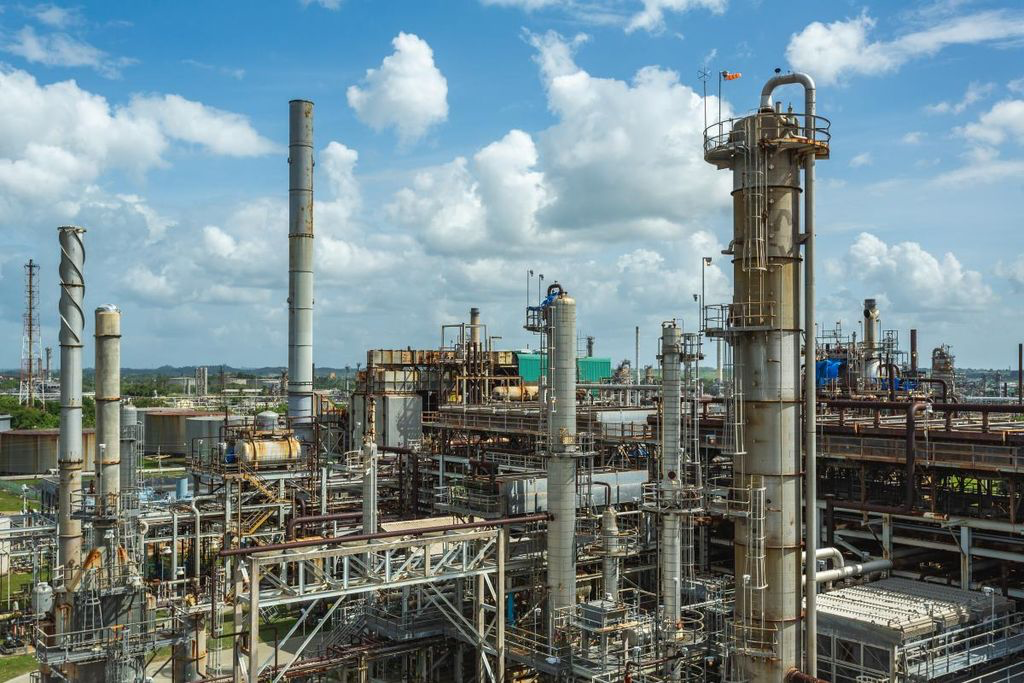by Asha Javeed
Lead Editor Investigations
asha.javeed@guardian.co.tt
(Trinidad Guardian) NiQuan Energy is facing a cash crunch challenge.
As it stands, the company has more than US$250 million (TT$1.7 billion) in debt and it is struggling to meet payments to the tune of millions owed to contractors, including Junior Sammy and Massy Energy Engineered Solutions Limited (MEES).
While in some instances it has been able to work out payment plans, like with T&T Upstream Downstream Energy Operations Company Limited (TTUDEOCL), a special purpose company in the Ministry of Energy and Energy Industries set up to negotiate its gas agreement, other contractors told the Sunday Guardian they are still awaiting payments.
NiQuan was set to refinance its bonds to the tune of US$300 million (TT$2 billion) by July 31 but the accident at its plant on June 15, which led to the death of 35-year-old pipe fitter Allanlane Ramkissoon, set it back.
The company’s founder and chief visionary officer Ainsley Gill has been holding talks with financiers and updating investors in an effort to raise sums, even short-term from high worth investors, as it was able to do before after the April 2021 accident.
Gill, a former US-based lobbyist in Washington DC under the Manning administration, bought and invested in the abandoned plant with the goal to turn it into the Western Hemisphere’s first gas-to-liquids plant.
The company has been holding talks with financiers and updating investors in an effort to raise sums, even short-term, from high net investors, as it was able to do before after the April 2021 accident.
A report done by regional rating agency, CariCRIS in March noted that at December 2022, NiQuan’s total debt stood at US$218.7 million, a 416.6 per cent increase from 2018 and is projected to further increase to US$312 million as at December 2023.
“In our view, this has reduced the Company’s financial flexibility and this, alongside delayed payments to TTUDEOCL, has resulted in our lowering of the cash flow adequacy and financial flexibility rating parameter of NiQuan Energy,” CariCRIS said.
Local investors
To fund its operations, NiQuan raised money on the international bond market, loans and sums from local investors.
Local investors, according to the company’s filings dated June 5, 2023 include:
1. Banks- Republic Bank Limited and RBC Trust (Trinidad and Tobago) Limited,
2. Insurance company -Beacon Insurance Company,
3. Investment companies- Firstline Securities, Prime Capital Limited, JMMB Securities Limited, Waterloo Capital Advisors, KCL Capital Market Brokers Limited, Inshallah Investments.
4. Firms – Farm Chem Engineering Management Limited, GM Homes Limited, M&J Services Limited, Central Finance Facility Cooperative Society of Trinidad and Tobago Limited, Petrotrin and Washington DC registered, Niquan Energy LLC (the company’s largest shareholder-10,702,216 ordinary shares)
5. Individual investors which include Niquan’s board members and former permanent secretary in the Ministry of Finance, Alison Lewis, Nicholas Galt and Niquan’s chairman John Andrews.
While some investors are concerned about whether they will be repaid, others have expressed confidence in Gill’s ability to make NiQuan’s gas to liquids plant successful and reward its investors.
NiQuan has had five extensions to repay its first bond. The company met with challenges trying to get the plant, which at one point was relegated to scrap metal, up and operational. Those challenges were exacerbated by the COVID-19 pandemic.
Natural gas challenge
For the company to access insurance money of US$94 million from the first accident in April 2021, it has to show that it has been producing product – ideally up to 2,640 barrels per day (bpd) for a consistent four-month period.
While it has produced small amounts for onward sale to Paria Trading it hasn’t yet reached that capacity. Following the first accident, it only received approval from the MEEI in September 2022 to restart.
One of its challenges has been its inability to secure a steady supply of natural gas.
NiQuan’s contract with the TTUDEOCL is for 31 million standard cubic feet per day (mmscf/d) or less than one per cent (approximately 0.8 per cent) of T&T’s daily gas supply. TTUDEOCL sources natural gas from the National Gas Company (NGC).
Industry sources told the Sunday Guardian that NiQuan owed TTUDEOCL significant sums and because of that debt, gas was stopped at the plant. In turn, TTUDEOCL owes more than US$10 million to the NGC.
While a payment plan was agreed for NiQuan to pay TTUDECOL, the company is still challenged for natural gas.
At present, four plants on the Point Lisas Industrial Estate are down as a result of a natural gas shortage in the country following a safety incident at Woodside Energy. Neither the MEEI nor the NGC can say when the issue will be resolved.
The Sunday Guardian was told that NiQuan is considering legal action against the MEEI for their contracted gas.
An industry source explained that the company is in a challenging position as if it does not get gas, it can’t operate and push the plant for production. Further, the company’s cash strapped position makes it inflexible to continue operating until it gets injections.

